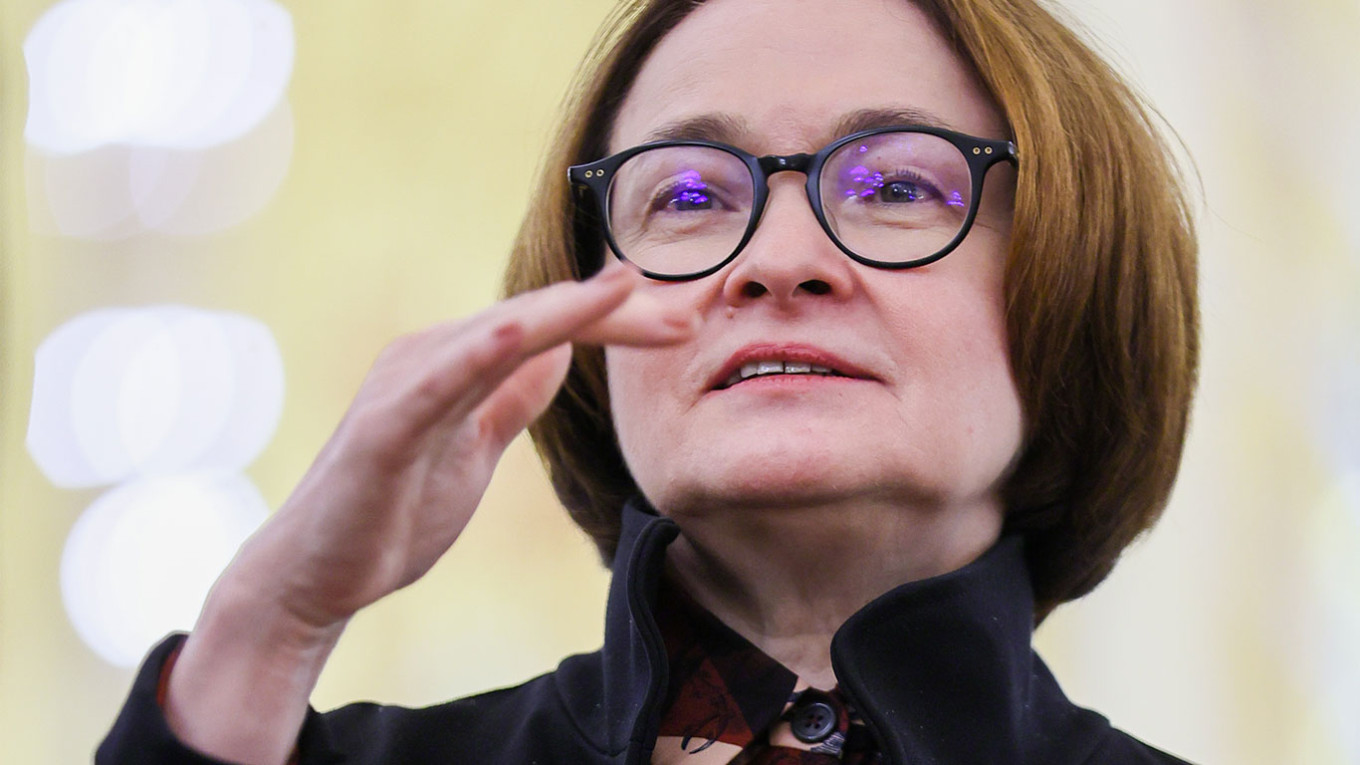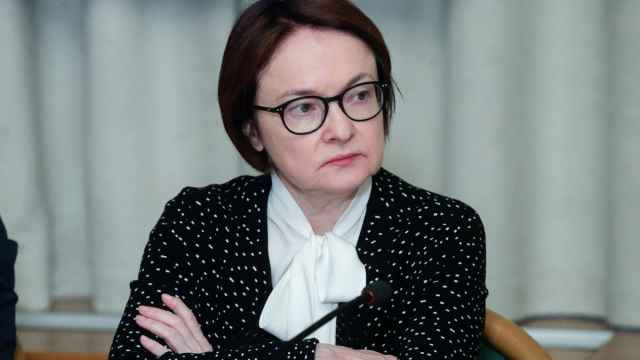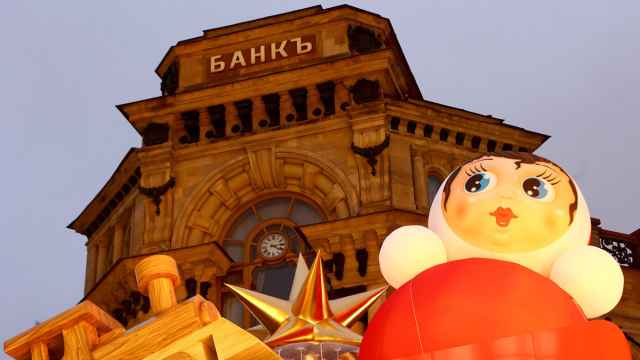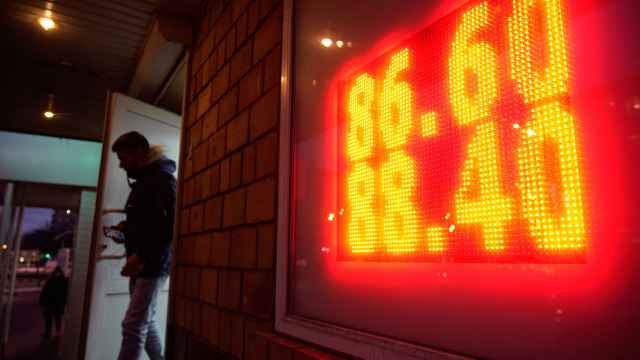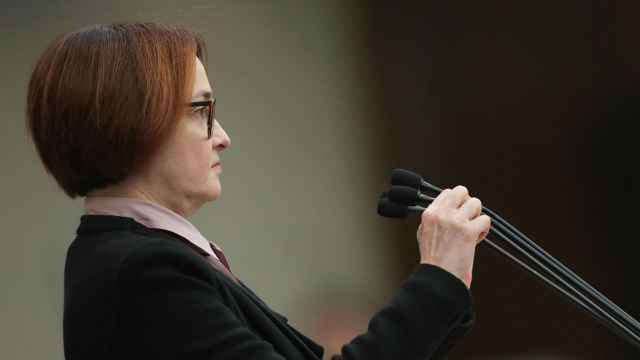Russia's Central Bank left interest rates unchanged on Friday, as the war in Ukraine continues to fuel stubbornly high inflation and labor shortages across the economy.
The regulator has progressively hiked rates to 16% over the past year in a bid to ease price pressures, and analysts are waiting for the bank to signal whether its policy is working, as well as whether it might cut borrowing costs soon.
"Current inflationary pressures are gradually easing but remain high," Russia's Central Bank said Friday in a statement.
It added that rate hikes over the past year would eventually bring down inflation, but said it was "premature to judge the pace" at which that would play out.
"Over the medium term, the balance of inflation risks is still tilted to the upside," it said, meaning price rises are more likely to accelerate than slow in the months ahead.
Russia's state statistics agency Rosstat said price inflation for February rose 7.7% year-on-year, accelerating from 7.4% in the previous month.
The Russian government officially targets an annual inflation rate of 4%.
Consumer prices are a sensitive topic in Russia, where surveys show the majority of people have little to no savings and where memories of hyperinflation and economic instability run deep.
A splurge in military spending to support the war against Ukraine has helped shield the Russian economy from a sharp downturn that many predicted when Putin ordered troops across the border in February 2022.
"The Russian economy continues to grow rapidly," Russia's Central Bank said Friday.
But Moscow's "partial" mobilization of some 300,000 reservists, a surge in domestic arms production and an exodus of thousands of men seeking to avoid being enlisted in the army has created deep labor shortages in parts of the economy.
All of that has combined to create a spiral of rising wages and consumer prices.
Russia's Central Bank said Friday that "labor market tightness has increased again," suggesting the trend will continue to push prices higher, particularly in the services sector, over the foreseeable future.
A Message from The Moscow Times:
Dear readers,
We are facing unprecedented challenges. Russia's Prosecutor General's Office has designated The Moscow Times as an "undesirable" organization, criminalizing our work and putting our staff at risk of prosecution. This follows our earlier unjust labeling as a "foreign agent."
These actions are direct attempts to silence independent journalism in Russia. The authorities claim our work "discredits the decisions of the Russian leadership." We see things differently: we strive to provide accurate, unbiased reporting on Russia.
We, the journalists of The Moscow Times, refuse to be silenced. But to continue our work, we need your help.
Your support, no matter how small, makes a world of difference. If you can, please support us monthly starting from just $2. It's quick to set up, and every contribution makes a significant impact.
By supporting The Moscow Times, you're defending open, independent journalism in the face of repression. Thank you for standing with us.
Remind me later.


